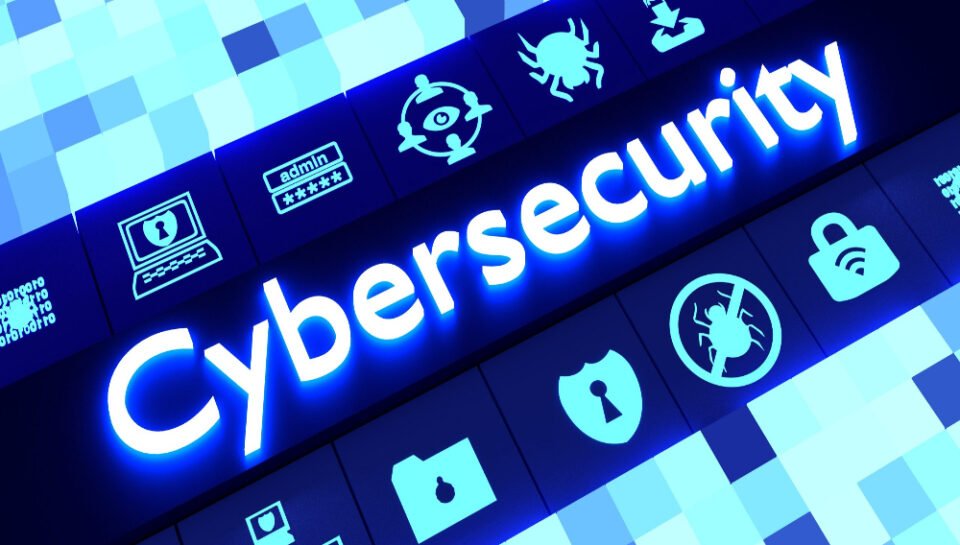
Briefly outline the cybersecurity essentials every startup must implement from day one.
Introduction
Startups are often focused on rapid growth, product development, and market penetration, but cybersecurity must not be overlooked in the process. Despite limited resources, early-stage ventures are increasingly targeted by cybercriminals due to weaker defenses and valuable intellectual property or customer data. Implementing fundamental cybersecurity practices from the beginning not only protects digital assets but also builds trust with customers, investors, and partners. A solid security foundation enables startups to scale with confidence and resilience.
Establishing a Security-First Culture
Cybersecurity is not just a technical issue—it’s a company-wide responsibility. Startups must embed a security-conscious mindset into their culture from day one. This includes educating employees on the importance of safe online behavior, data protection, and the consequences of security breaches. Regular training sessions and clear communication on policies help create a workforce that is aware, vigilant, and proactive in protecting digital resources.
Securing Endpoints and Devices
With teams often using a mix of personal and company devices, endpoint security is critical. All devices accessing business systems should have up-to-date antivirus software, firewalls, and automatic system updates enabled. Using mobile device management (MDM) tools helps enforce security protocols, control app installations, and wipe data remotely in case of device loss or theft. This protects the startup’s data, even in a distributed work environment.
Implementing Strong Access Controls
Startups should follow the principle of least privilege—giving employees access only to the systems and data necessary for their roles. Role-based access controls and user authentication mechanisms prevent unauthorized entry and reduce internal risks. Every account should be protected with strong, unique passwords and multi-factor authentication (MFA), which adds an additional layer of security against credential theft.
Using Secure Cloud Services
Most startups rely on cloud-based tools and platforms. Choosing reputable cloud providers with robust security standards is essential. Providers should offer data encryption, secure APIs, compliance with industry regulations, and documented security procedures. Startups must also properly configure cloud services to avoid common vulnerabilities like exposed databases or misconfigured permissions, which are often exploited in attacks.
Encrypting Data in Transit and at Rest
Data encryption ensures that information remains unreadable to unauthorized parties, even if intercepted or accessed. Startups should encrypt sensitive data both in transit (when sent across networks) and at rest (when stored in databases or devices). SSL/TLS certificates must be applied to websites and applications to secure communications with users, and strong encryption algorithms should be used for stored data.
Performing Regular Backups and Disaster Recovery Planning
Business continuity depends on the ability to recover quickly from data loss or cyber incidents. Startups must implement automated, regular backups of critical systems and data, stored in secure, off-site or cloud locations. A basic disaster recovery plan should outline recovery steps, roles, and timelines to resume operations in the event of ransomware, hardware failure, or data corruption.
Monitoring and Responding to Threats
Continuous monitoring helps detect suspicious activities before they become full-blown threats. Startups should deploy logging and alerting tools to monitor traffic, login attempts, and application behavior. In addition, a response plan should be documented to guide the team through containment, mitigation, and notification processes when an incident occurs. Early detection and clear response protocols reduce damage and recovery time.
Maintaining Compliance with Data Protection Laws
Depending on the region and industry, startups may be subject to regulations such as GDPR, HIPAA, or PCI-DSS. Understanding and adhering to these laws from the start prevents legal issues and shows a commitment to responsible data handling. Compliance should influence how user data is collected, stored, processed, and shared, ensuring transparency and accountability in all operations.
Conclusion
Cybersecurity is an indispensable part of building a startup that is resilient, trustworthy, and future-ready. By implementing essential security measures from day one—ranging from employee awareness to technical defenses—startups can avoid costly breaches, protect their innovation, and establish credibility in a competitive digital landscape. A secure foundation not only safeguards the business today but also supports sustainable growth in the long term.
Hashtags
#CybersecurityEssentials #StartupSecurity #DataProtection #CyberAwareness #SecureYourStartup #InfoSec #CyberHygiene #StartupTips #DigitalSecurity #RiskManagement #CyberThreats #SecurityBestPractices #StartupGrowth #TechSafety #OnlineSecurity #BusinessContinuity #DataBreachPrevention #ITSecurity #CyberResilience #StartupSuccess





